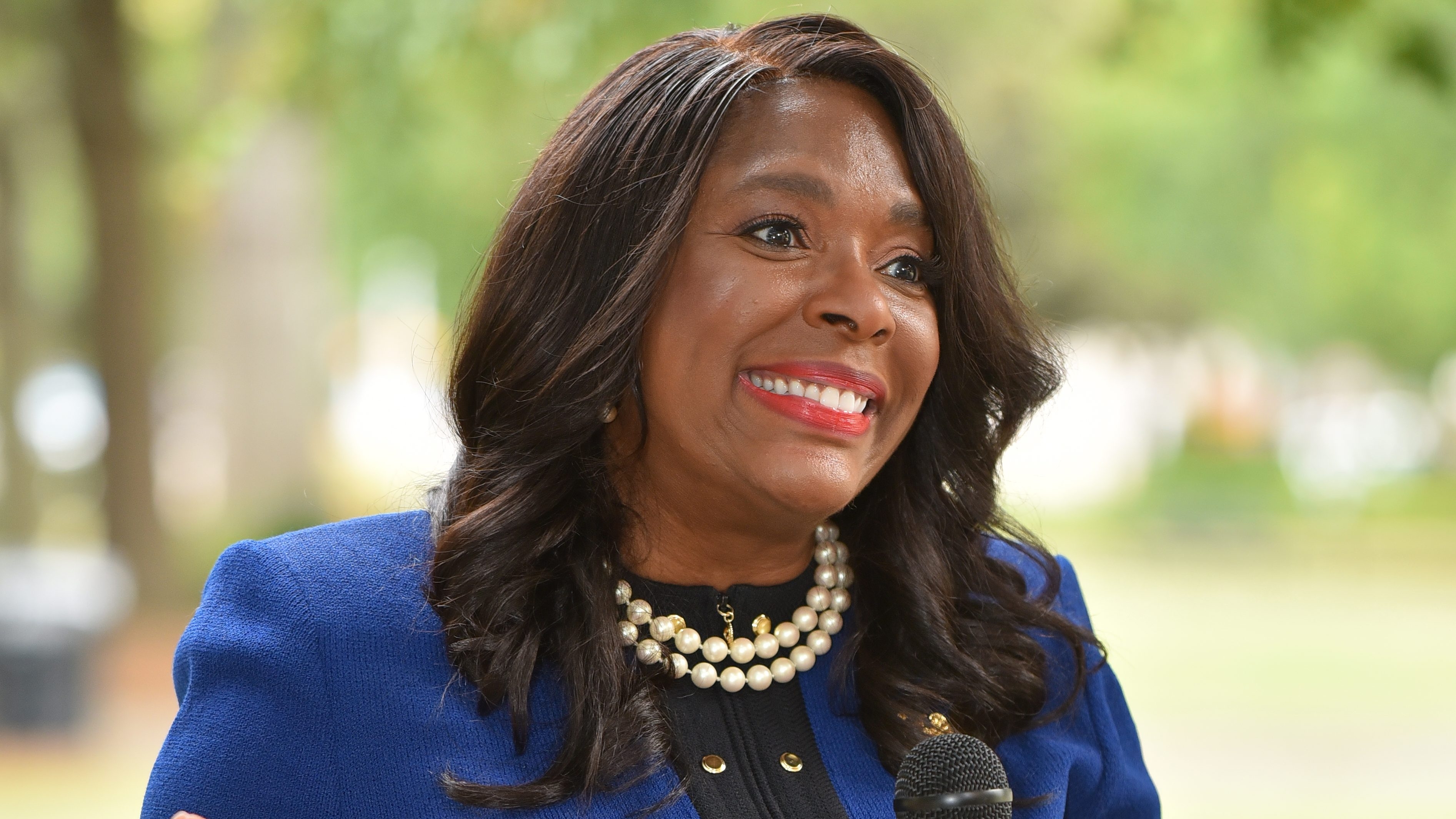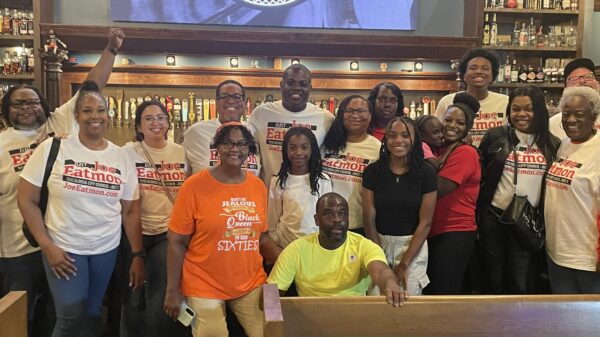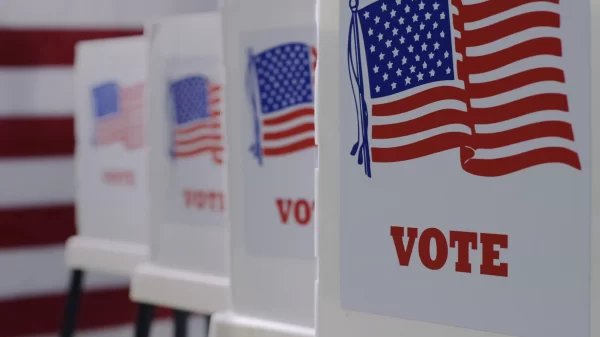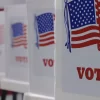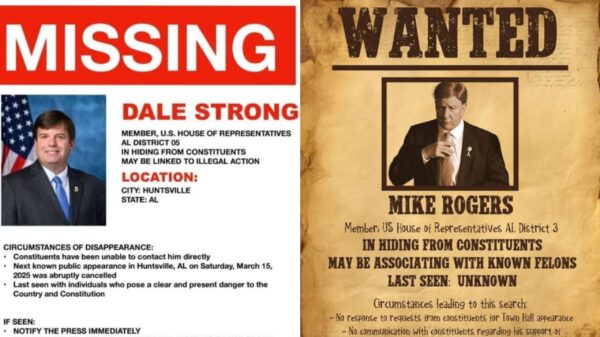Wednesday, U.S. Congresswoman Terri Sewell, D-Selma, announced $4,227,190 in funding for community health centers (CHC) throughout Alabama’s 7th Congressional District as part of the funding allocated by the CARES Act.
“Our health care workers and health care centers are our first line of defense in combatting this deadly virus,” said Rep. Sewell. “I am grateful for this substantial investment, which will provide much needed assistance to our overextended system, particularly to our community health centers, who fill an urgent need within our rural and urban communities. I will continue to fight to make sure that Alabama’s 7th Congressional District receives the support and resources we need to ensure the safety and health of our community.”
“The CARES Act will really be beneficial to those who have been affected by the Coronavirus,” said CEO of Whatley Health Services, Inc. David Gay. “This helps to put food on the table for those who may not have food on the table. Our thanks to Congresswoman Sewell, who continues to fight for those who live not just paycheck to paycheck, but day to day.”
The CARES Act, Congress’ third COVID-19 response bill, allocated $100 billion to the Public Health and Social Services Emergency Fund to help fight COVID-19 and $1.32 billion in supplemental funding to community health centers (CHC.) This is the second round of funding received by these CHC, who received initial funding through the first COVID-19 response bill passed by Congress, the Coronavirus Preparedness and Response Supplemental Appropriations Act.
Sewell’s office said that this most recent round of funding represents a substantial investment in Alabama’s health care response to the COVID-19 pandemic.
“We are thankful for the dedicated work of Congresswoman Sewell and our entire delegation in making sure solutions are available to help our patients and community through the unprecedented chaos that surrounds us,” said CEO Christ Health Center Dr. Robert Record.
“We truly appreciate the efforts that Congresswoman Sewell and our other representatives have made in helping community health centers to equip ourselves with the tools we need to fight this pandemic,” said CEO Rural Medical Health Program, Inc. Keshee Dozier. “These funds are greatly needed and will be used to test current and future patients who may not have access to a primary care provider. With this funding, we can now put together a plan to maintain our employees, stay staffed and plan ahead, buying PPE for the future, not just month to month. We can now equip ourselves for what is needed.”
Congress is currently working on a fourth Coronavirus response bill to provide much needed resources and support in the face of this crisis.
The Rural Health Medical Program, Inc. in Selma received $719,960 for coronavirus aid. Whatley Health Service Inc in Tuscaloosa will receive $1,215,500. Aletheia House, Inc. in Birmingham received $568,625. Christ Health Center, Inc. in Birmingham will get. $912,185. Alabama Regional Medical Services in Birmingham will receive $810,920
The U.S. has 435,160 confirmed COVID-19 cases. 14,797 Americans have died in the global pandemic, including 67 Alabamians. 22,891 Americans have recovered from their illness.
Congresswoman Terri Sewell represents Alabama’s Seventh Congressional District.







































